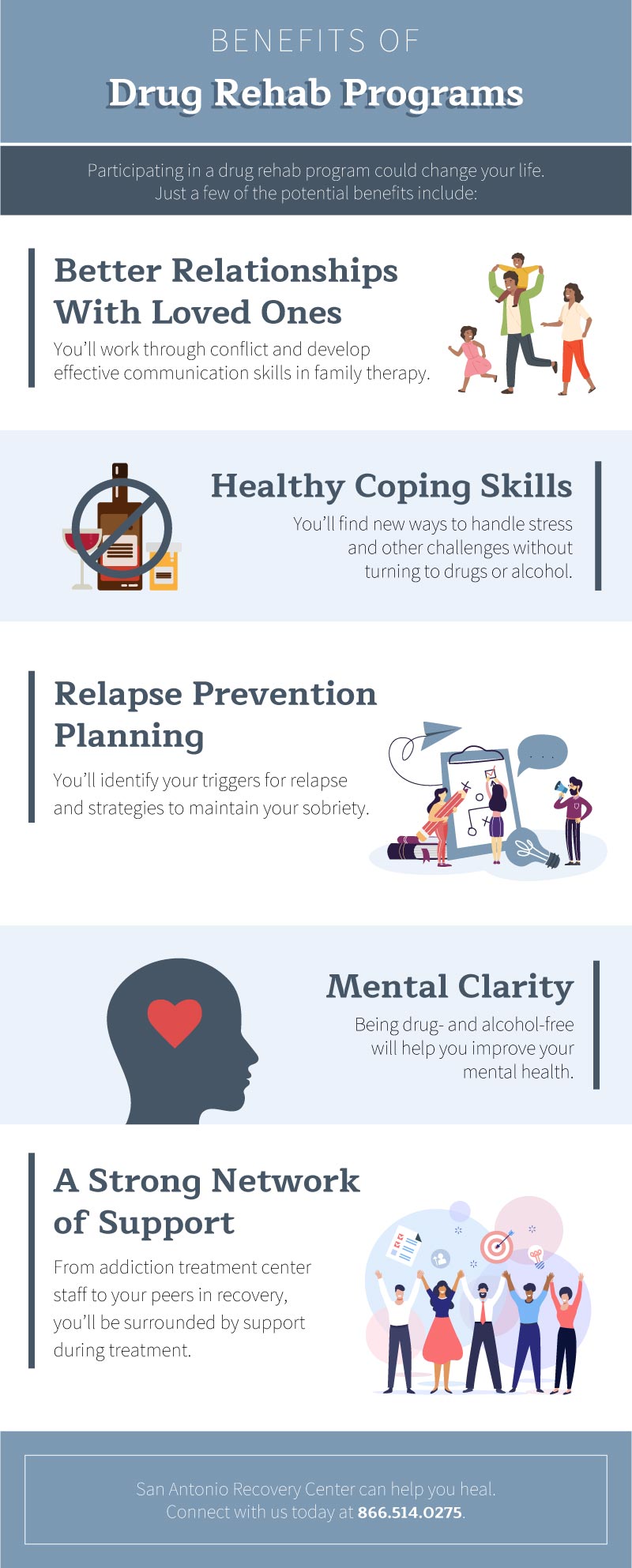Compassionate Treatment: Checking Out Addiction Treatment Centers Near You
Compassionate Treatment: Checking Out Addiction Treatment Centers Near You
Blog Article
Browsing the Trip of Detoxification in the Comprehensive Addiction Therapy Program
The procedure of detoxing holds a significant role in damaging the physical dependancy on materials and preparing the person for the succeeding stages of therapy. As individuals grapple with the difficulties of withdrawal signs and symptoms and the unpredictabilities that lie ahead, having a durable assistance and a structured plan system in place becomes extremely important.
Importance of Detoxification in Recuperation

Detoxification establishes the structure for the remainder of the addiction treatment program by preparing the individual for further therapy and counseling. By cleansing the body of compounds that have actually been clouding judgment and influencing actions, detoxification enables patients to approach their recovery with a clearer mind and more powerful focus.
Additionally, detoxification helps in taking care of the potentially severe withdrawal symptoms that may develop when medicine or alcohol usage is quit. Physician carefully keep an eye on individuals during detox to ensure their safety and give essential assistance. Through this procedure, people can start their journey towards sobriety with a stabilized physical and mental state, raising the chance of an effective recuperation.
Recognizing the Detoxification Process
Detoxification, a fundamental component of addiction therapy programs, includes a structured process focused on safely removing dangerous materials from the body to promote a successful recuperation journey. The detox process generally starts with an assessment to assess the person's substance use background, physical health, and mental wellness. This assessment aids medical care professionals identify the most ideal detox plan tailored to the individual's needs.
During detox, the body undergoes withdrawal as it gets used to the absence of the substance. Withdrawal signs and symptoms differ relying on the kind of substance made use of, the duration of use, and individual aspects. Medical supervision during detoxification is vital to handle withdrawal symptoms and make certain the person's security and convenience.

Handling Withdrawal Signs

Medicines might be used to ease particular withdrawal signs and symptoms and reduce discomfort. Drugs like methadone or buprenorphine can help handle opioid withdrawal signs and symptoms, while benzodiazepines may be utilized for alcohol withdrawal. It is essential for health care providers to meticulously monitor the individual's feedback to these medications to guarantee their security and performance.
Along with medicinal interventions, supportive treatments such as therapy, peer support system, and all natural methods like mindfulness meditation or yoga can aid people cope with the emotional and mental challenges of withdrawal. By addressing withdrawal signs thoroughly, doctor can boost the detoxification experience and support individuals on their trip to recovery.

Support Equipments Throughout Detox
Support group play a critical role in supplying emotional and social help to people undergoing detoxification in addiction treatment programs. During the detox process, individuals commonly experience an array of physical and psychological withdrawal symptoms, making this phase challenging - Addiction Treatment Center. Having a strong support group in location can significantly impact the person's capacity to browse via detoxification successfully
Assistance groups give a platform for people to link with others who are going with similar experiences, using see post a sense of area and shared understanding. Health care professionals, consisting of medical professionals, counselors, and therapists, play a crucial function in monitoring the person's progression, supplying medical support, and supplying guidance throughout the detox procedure.
Looking Ahead: Life After Detoxification
Having actually successfully finished the detoxing stage, individuals in addiction treatment programs now concentrate on preparing for the challenges and opportunities that lie ahead in their journey towards recovery. Life after detox marks a vital change duration where individuals should remain to improve the progress made during detox to keep their sobriety. It is vital for people to recognize that the trip towards healing click here for more info is ongoing and needs devotion, commitment, and a readiness to embrace change.
One key element of life after detox is the growth of coping devices to manage triggers and food cravings that may develop. This may involve learning brand-new abilities, such as mindfulness techniques, cognitive-behavioral methods, and stress administration techniques, to navigate difficult situations without considering material use. Additionally, people are urged to actively participate in recurring therapy, support system, and aftercare programs to enhance their assistance network and obtain support as they browse the intricacies of life post-detox.
Conclusion
Finally, cleansing is a vital element of the extensive dependency therapy program. Understanding the detoxification procedure and handling withdrawal signs and symptoms are crucial steps in the direction of recuperation. Support group play a substantial role throughout this tough trip. Addiction Treatment Center. Looking ahead, life after detoxification holds promise for a much healthier, substance-free future. It is essential to recognize the relevance of detox in the process of overcoming dependency and relocating towards a life of soberness.
Medical guidance throughout detox is vital to manage withdrawal symptoms and make sure the individual's security and convenience.
By recognizing the detoxification process and its significance in damaging the cycle of dependency, people can embark on a path towards lasting healing.
Throughout the detoxification process, individuals commonly experience an array of physical and psychological withdrawal signs and symptoms, making this phase difficult. Medical care professionals, including medical professionals, therapists, and counselors, play an essential function in keeping track of the person's progression, providing medical support, and supplying support throughout the detox procedure.
Life after detox marks a critical shift duration where people should proceed to construct on the progress made during detoxification to keep their sobriety.
Report this page